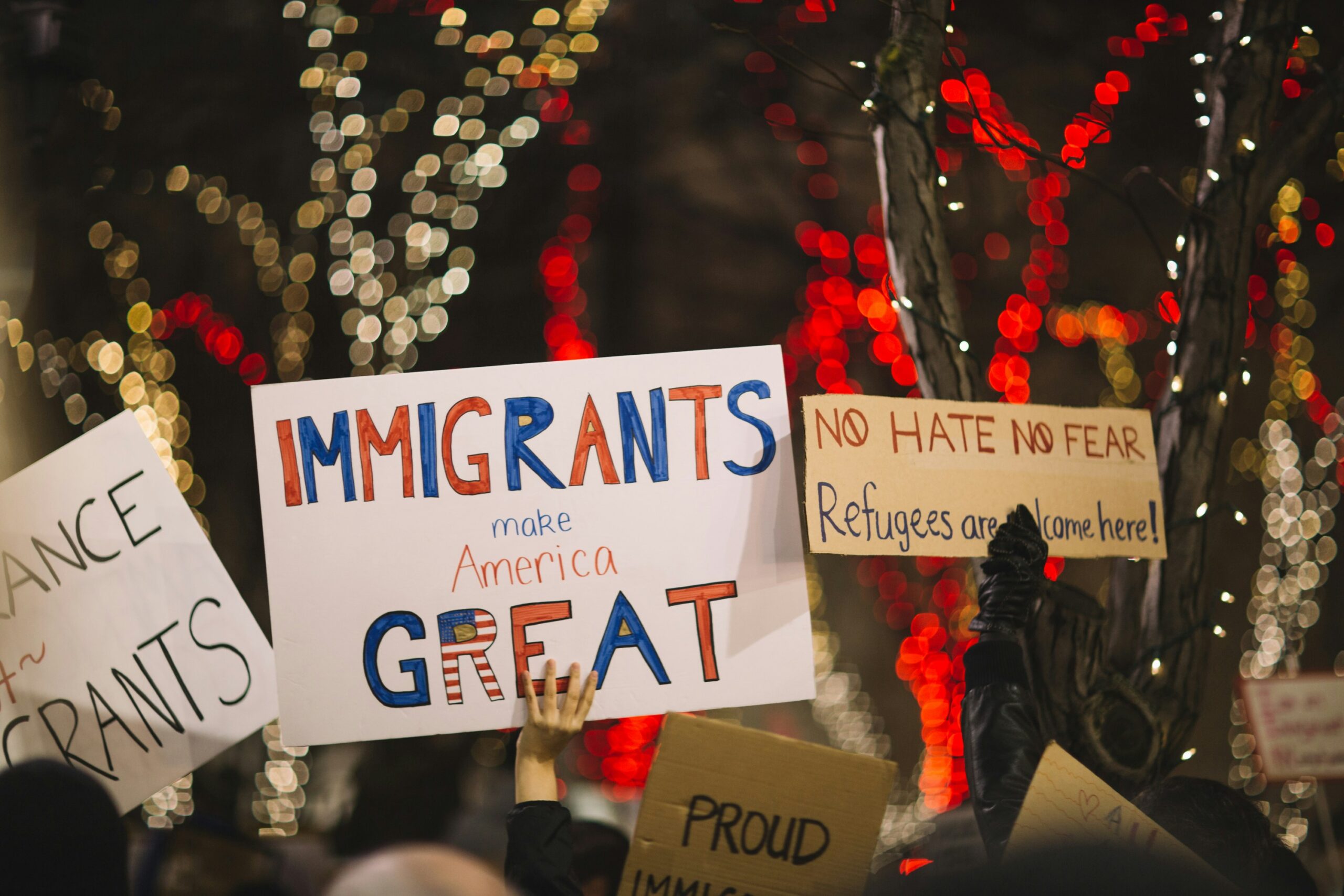After a period of heightened concern, American public opinion on immigration has undergone a swift and significant transformation. New polling data reveals a notable decrease in the desire for less immigration and a record-high belief that newcomers are beneficial to the nation. This marked shift could reshape future debates on immigration policy.
Key Shifts in Public Sentiment
New findings, based on a June 2-26 poll of 1,402 U.S. adults, indicate a widespread change in how Americans view immigration.
- Less Demand for Reduced Immigration:
- The percentage of Americans who want immigration decreased sharply from 55% in 2024 to 30% in June 2025, returning to 2021 levels.
- Conversely, 38% now prefer current immigration levels, and 26% believe it should be increased.
- This change is evident across all political groups, with Republicans showing the most significant drop (40 percentage points) in wanting less immigration.
- Record Positive Outlook:
- A record 79% of U.S. adults now see immigration as “a good thing” for the country, while only 17% view it negatively. This reverses a previous downward trend.
- This positive shift is largely driven by increased approval among Republicans and independents.
- Democrats’ belief in immigration’s benefits reached a record high of 91%, consistent with their historically positive stance.
Evolving Views on Enforcement vs. Integration
The shift in public opinion also extends to specific immigration policies, showing a growing preference for pathways to citizenship over strict enforcement.
- Decreased Support for Hard-Line Enforcement:
- Support for increasing Border Patrol agents fell by 17 points to 59%.
- Backing for expanding the U.S.-Mexico border wall dropped by 8 points to 45%.
- Support for deporting all undocumented immigrants decreased to 38% from 47% last year.
- Increased Support for Citizenship Pathways:
- Support for allowing undocumented immigrants to become U.S. citizens rose to 78% from 70% last year.
- An even higher 85% support allowing immigrants brought to the U.S. illegally as children to become citizens.
Context and Potential Implications
This dramatic shift in public opinion is partly attributed to a sharp decline in illegal border crossings this year, which may have reduced the perceived need for severe enforcement measures.
The significant change in American attitudes could have far-reaching effects on future immigration policy debates and the political landscape. It potentially creates a more favorable environment for comprehensive immigration reform, including proposals for pathways to citizenship.

